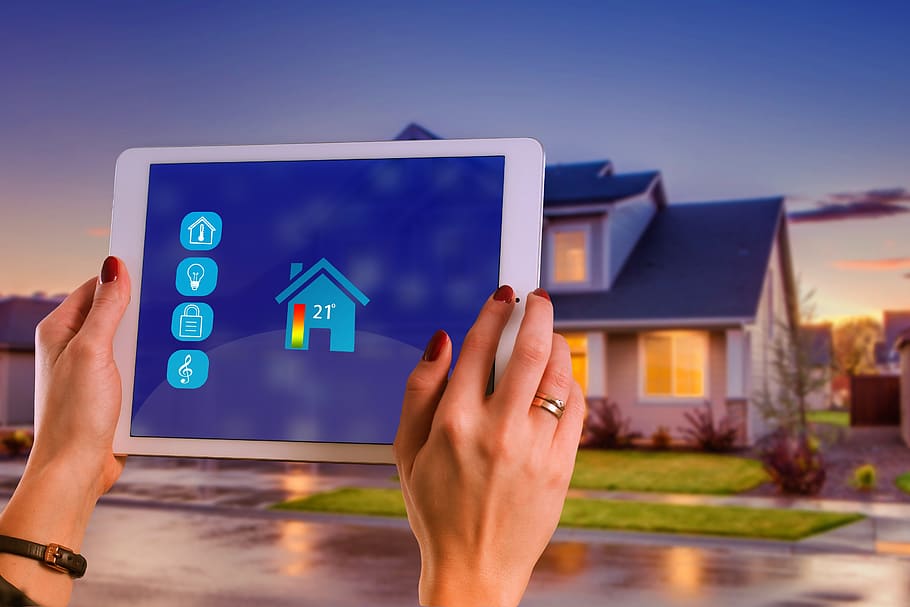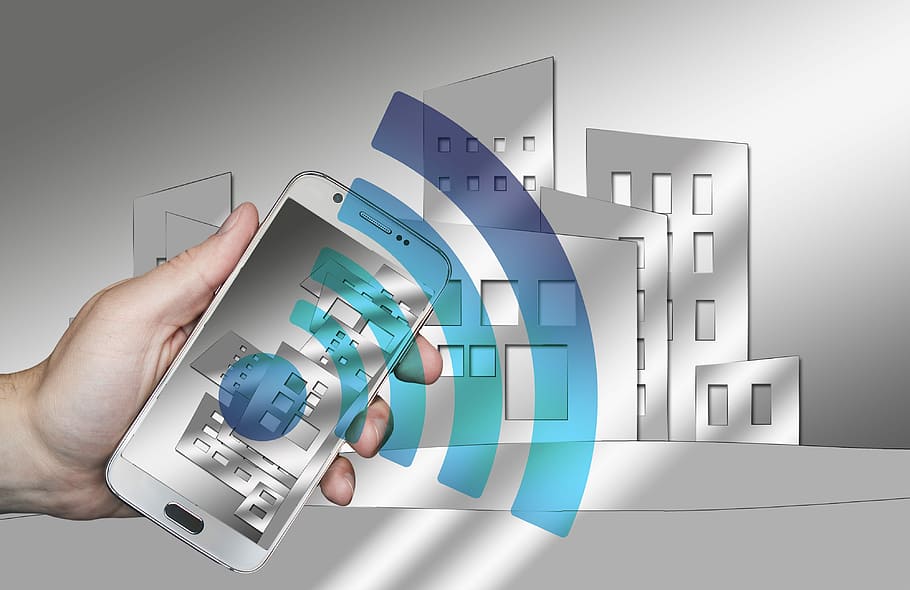In an period where technological advancements are constantly arising, the idea of smart homes and the Internet of effects( IoT) has captured the attention of innumerous individualities. The eventuality for these innovative systems to transfigure our lives, occupations, and relations with the terrain is stunning as the world becomes further connected. still, with this heightened connectivity and the disquisition of these prospects, a state of confusion and nebulosity looms above. The conception of smart homes, although gaining traction in recent times, remains a fairly incipient idea that has left numerous individualities complexed as to its exact description and functions.
In substance, a smart home is a fireside that incorporates a network of bias and appliances that are connected via the internet and can be managed ever. fantasize the convenience of regulating your home's temperature, illuminating or darkening the lights, or indeed controlling the tones, all from your smartphone, or waking up to the aroma of lately brewed coffee. The openings to streamline our lives are horizonless. still, we must also contemplate on the weighty counteraccusations of this slice- edge technology on our sequestration and security, If we're to probe the depths of the world of smart homes. With an immense quantum of data being tagged from our bias, who'll be endowed with access to it, and what will be the purpose of its application?
Will we come vulnerable to the plots of malignant hackers and cybercriminals, and how can we armor ourselves against the brewing trouble of implicit cyberattacks? A vital issue that emerges when we claw into the sphere of smart homes is the possibility of wide job relegation. As an adding number of bias come automated, the need for mortal intervention diminishes, which may precipitate the loss of livelihoods for innumerous individualities. It's thus of consummate significance that we take into consideration the impact of this technology on the job request and concoct feasible strategies to stave off its injurious goods.
As we claw deeper into the prospects of smart homes and the Internet of effects( IoT), we must also take into account the unforgettable mark that it'll leave on our terrain. While it's true that smart homes have the eventuality to reduce energy consumption and our carbon footmark, they also add to the burgeoning issue of electronic waste product. As further and further bias come obsolete, it's peremptory upon us to evolve sustainable styles of disposal and recycling, thereby dwindling the environmental impact.
The notion of smart homes and IoT is a fascinating bone that has the implicit to revise the way we lead our lives. still, we must also give ample consideration to the implicit ramifications on sequestration, security, job relegation, and the terrain. As we venture forth with this technology, we must do with prudence and develop an array of forceful strategies to assuage these enterprises. Only also can we unleash the full eventuality of smart homes and IoT and fashion a world that's both innovative and sustainable. Smart homes aren't only precious but also complex.
With the emergence of the Internet of effects( IoT), the number of bias and appliances connected to a home network has increased significantly, making it more delicate to manage and maintain. likewise, the complexity of smart homes requires a certain position of specialized moxie, making it challenging fornon-technical druggies to operate and troubleshoot the bias. Despite the challenges, the benefits of smart homes and IoT can not be ignored. The capability to control bias and appliances from a smartphone or voice command has made tasks similar as conforming the temperature, turning on the lights, or setting an alarm much more manageable. still, this convenience comes at a cost, as the collection of data from smart bias and appliances raises enterprises about sequestration.
Druggies must be apprehensive of what data is being collected and how it's being used to insure their sequestration is defended.Efficiency is another advantage of smart homes. By optimizing energy usage, smart homes have the potential to save energy and reduce costs. Nevertheless, the production of electronic waste is a significant concern with the proliferation of smart devices. Proper disposal and recycling methods must be developed to reduce the environmental impact. Smart homes also offer enhanced security features, similar as stir detectors and cameras, that can be controlled ever. This can give homeowners peace of mind when they're down from home. still, smart homes are vulnerable to cyber attacks, and druggies must take measures to cover their bias and networks from implicit pitfalls.
With the capability to control bias and appliances through voice commands or a smartphone, tasks that were formerly delicate or insolvable come much more accessible. still, the robotization of tasks may lead to job relegation for workers in certain diligence, and governments and businesses must work together to produce strategies to address this issue. Smart homes and IoT have the eventuality to transfigure our lives in numerous ways. Although there are really challenges to be addressed, the benefits of smart homes, including convenience, effectiveness, security, and availability, are inarguable.
- By addressing the challenges of sequestration, security, job relegation, and electronic waste, we can produce a future where smart homes and IoT enhance our lives while guarding our sequestration, security, and the terrain. Smart homes are really an innovative way to live, but their cost can be a real stunner, especially when you factor in ongoing conservation.
- Keeping your smart home running like a well- waxed machine requires harmonious software updates to guarantee proper functioning and cybersecurity. While this may feel like a simple task, it's far from it- streamlining software can be a tedious and time- consuming process that might bear the help of a professional.
- This added demand results in a significant supplement in smart home conservation costs. Software updates are not the only necessary conservation aspect of smart homes. They also bear a stable and dependable internet connection to communicate with one another.
- A crummy internet connection can lead to bias failing to interact, performing in frustrating and expensive issues. also, the need for high- speed internet adds to the overall cost of maintaining a smart home, a factor that's frequently overlooked. comity issues are another headache when it comes to smart homes. You can not just waltz into a store and buy any smart device that catches your eye. rather, you must buy bias from the same manufacturer to insure flawless integration.
This narrow selection process can affect in advanced costs for homeowners who are limited in their device choices. Incipiently, smart homes demand a certain position of specialized moxie to keep them performing optimally. Unlike traditional bias, smart bias bear technical knowledge to diagnose and repair. This translates to the need for professionals to be hired to break issues, which, in turn, increases conservation costs. To add up, while smart homes have numerous benefits, they can be expensive and grueling to maintain. The high original investment, ongoing conservation costs, need for dependable internet connectivity, comity issues, and specialized moxie each contribute to the overall cost of maintaining a smart home. As the technology continues to evolve, it'll be intriguing to see how these challenges are addressed, making smart homes more accessible and affordable for all.











0 Comments
If you want an article about any technology topic or subject then let us know. We write content straight on the point without any unnecessary inclusion of information.
We will make sure that you will get good and perfect information from our side. also, have any doubt? let us know.
Thanks.